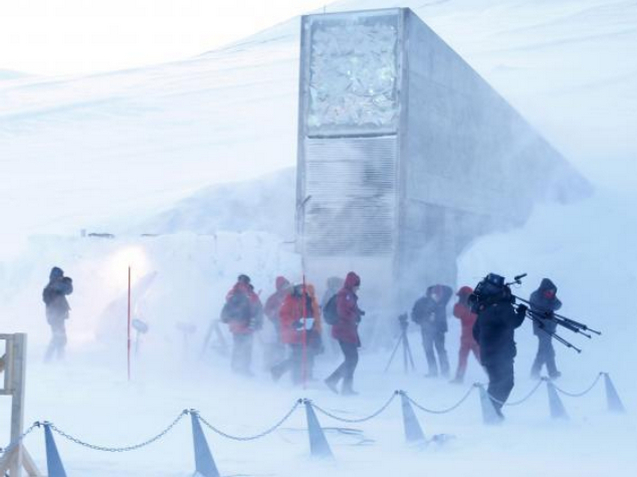Professor Jim Hansen says a carbon tax in which the proceeds were given to the public would leave the poorest 70 per cent better off
 |
| Low-lying Miami is particularly prone to flooding Getty |
Professor Hansen, who was among the first scientists to alert politicians and the public to the risks posed by climate change, told New York Magazine that he doubted the atmosphere would warm by four or five degrees Celsius by the end of this century – the upper end of current projections, which would likely end human civilisation as we know it.
However he said the biggest problem would be sea level rise. Professor Hanson was an author of a scientific paper published last year which warned that continued high fossil fuel emissions could increase sea levels by “several meters over a timescale of 50 to 150 years”.
This is significantly higher than the latest expert report by the Intergovernmental Panel on Climate Change, which forecast a range from about 30cm to just under a metre, depending on emissions.
Asked to consider what the world would be like if the “scarier” projections of climate change for the end of the century became reality, Professor Hansen, former director of the NASA Goddard Institute for Space Studies, said: “I don’t think we’re going to get four or five degrees this century, because we get a cooling effect from the melting ice. But the biggest effect will be that melting ice.
“In my opinion that’s the big thing – sea-level rise – because we have such a large fraction of people on coastlines, more than half of the large cities in the world are on coastlines.
“The economic implications of that, and the migrations and the social effects of migrations … the planet could become practically ungovernable, it seems to me.
“Once sea levels go up significantly, you won’t have stable shorelines. Just parts of the city will go under water, but then it doesn’t make sense to continue to build there … By the time you get to even one-meter rise, you’re going to be losing more land.”
The growing human population was a "problem", he said.
“That’s why you want to have energy that’s needed for people to eliminate poverty, because countries that have become wealthy have the population under control. But if you do begin to lose major cities [then] the planet becomes ungovernable,” Professor Hansen said.
But if the world did reach four or five degrees, the scientist said this would mean “the tropics and the subtropics are going to be practically uninhabitable”.
“It’s already becoming uncomfortable in the summers, in the subtropics, you can’t work outdoors. And agriculture, more than half of the jobs are outdoors,” he said.
“If you made the price of fossil fuels honest by including a gradually rising carbon fee, then it actually spurs the economy and increases the GNP as you shift toward clean energies and energy efficiency. It creates potentially millions of jobs,” Professor Hansen said.
“The way to spur the economy – to modernise the economy and modernise the energy structure – would be to give the money back to the public because a carbon fee is a progressive tax, in the sense that rich people have bigger carbon footprints.
“So if you do give 100 per cent of the money to the public, 70 per cent of the public comes out ahead.”
Links


No comments :
Post a Comment